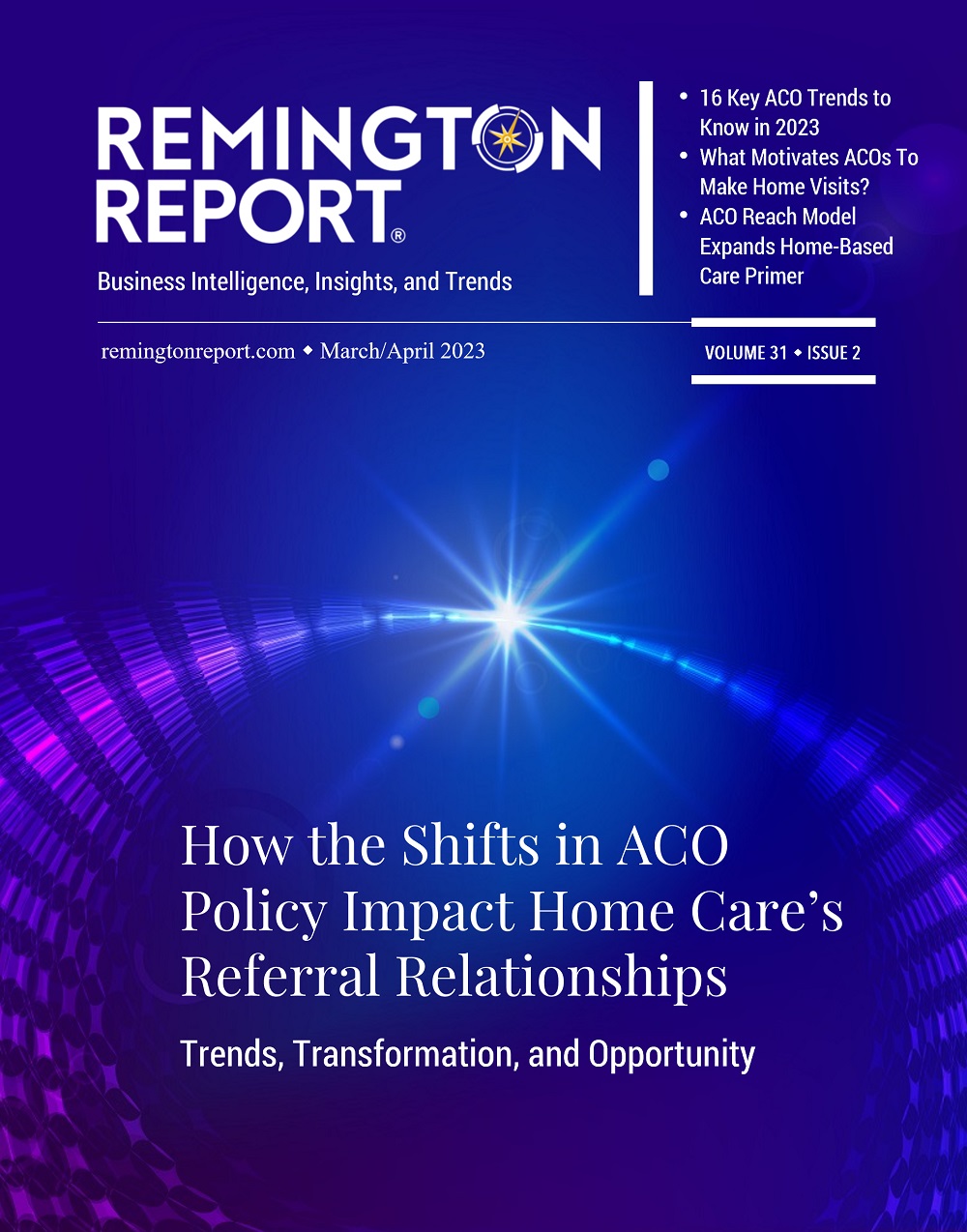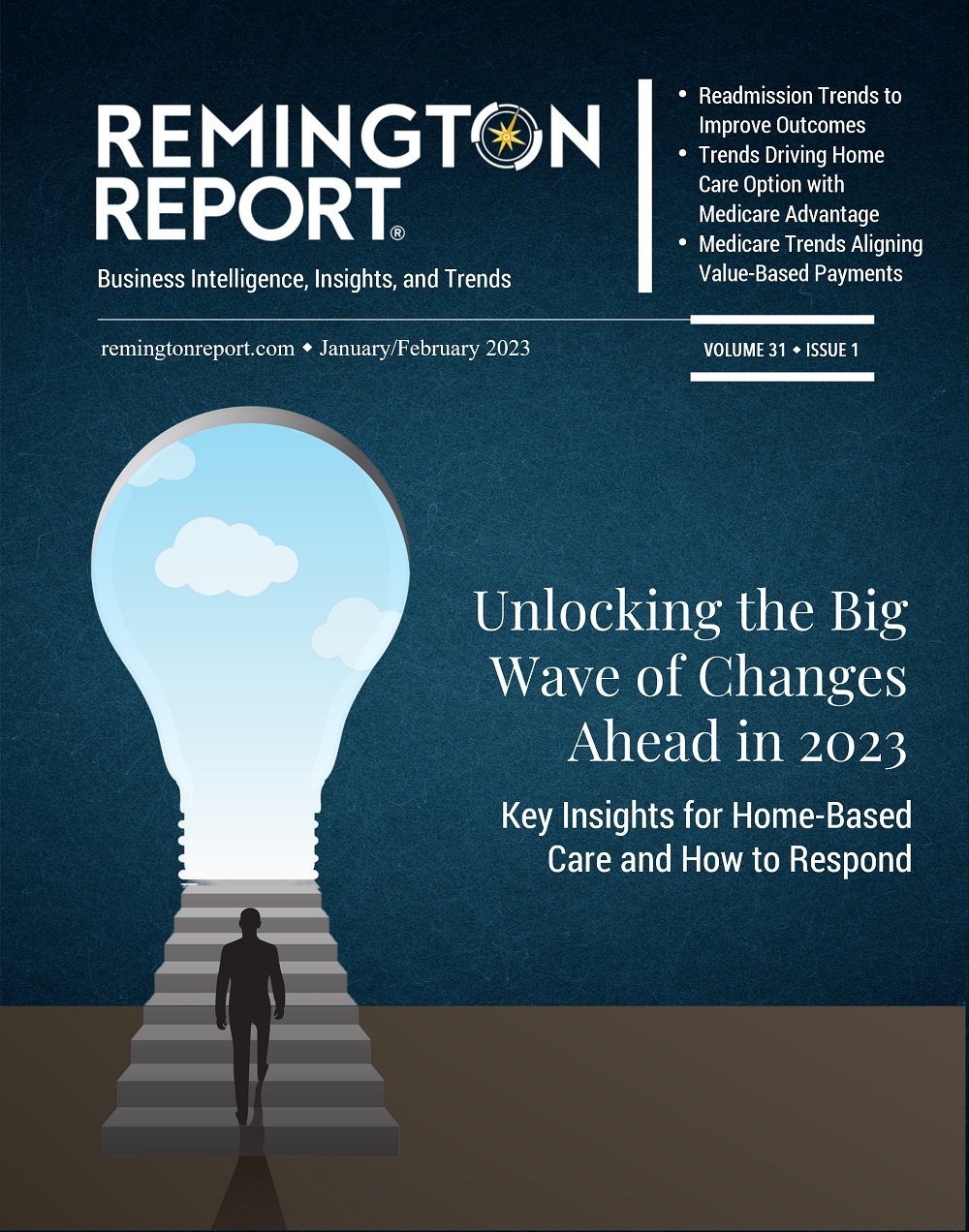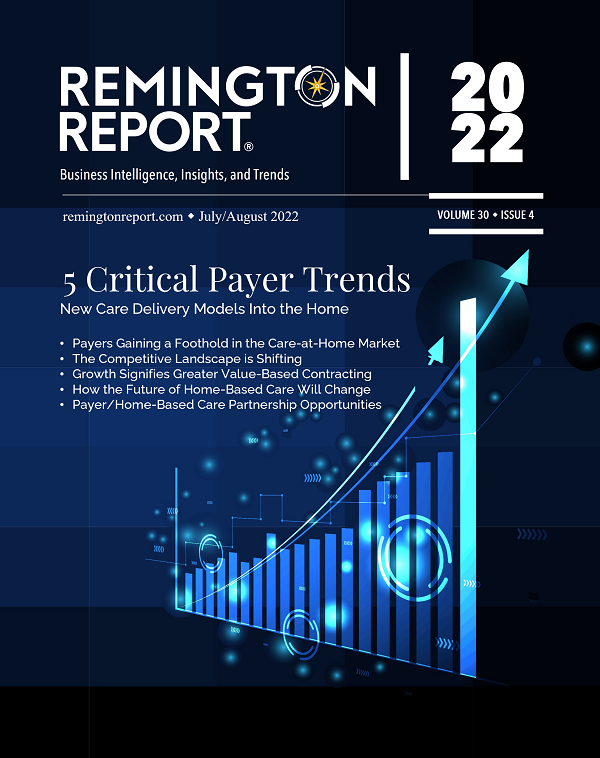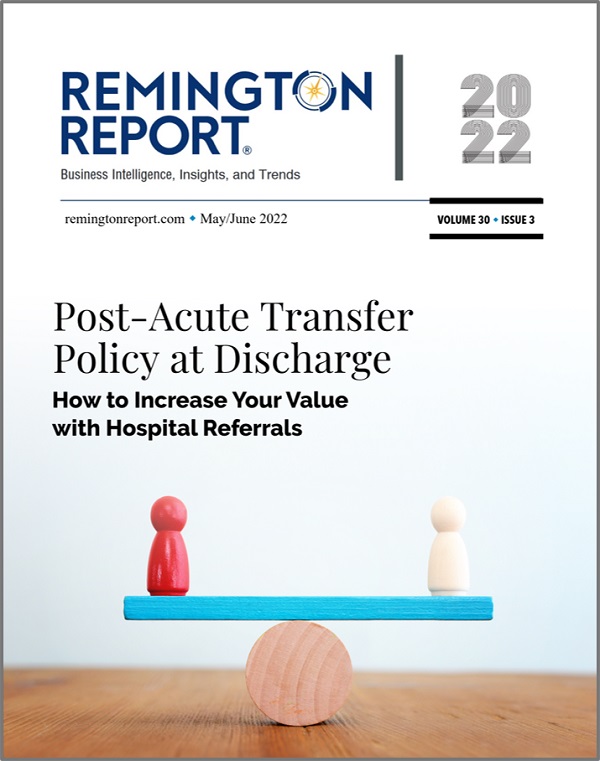Enforcers and regulators continue to take enforcement action against home care providers’ arrangements with referring physicians. Recent action by the U.S. District Court for the Middle District of Florida in United States ex rel. Herbold v. Doctor’s Choice Home Care, Inc. [No. 8:15-cv-1044-T-33AEP (M.D. Fla, Oct. 31, 2019)] is another example of such enforcement actions.
In this case initiated by a whistleblower, the federal government intervened in the action against Doctor’s Choice Home Care, Inc., and its owners Timothy Beach and Stuart Christensen. Enforcers claim that the defendants entered into “sham” medical directorships with three physicians in order to induce patient referrals in violation of both the federal Anti-kickback and Stark statutes. Referrals obtained in violation of these statutes resulted in the submission of false claims under the Federal False Claims Act.
Defendants asked the Court to dismiss the case, but the Court refused because:
- The three Medical Directors were paid for work they did not actually perform.
- Email messages from the defendants to the physicians indicated that they considered payments to the Medical Directors to be payments for referrals.
- Email messages from the defendants to the Medical Directors also “paint a vivid picture of Defendants’ knowledge and intent.”
- At least “one purpose of the remuneration” was to induce referrals.
- The Agency employed wives of physicians who then began to refer more patients and the wives were paid based on the volume or value of referrals from their physician spouses.
With regard to payments for referrals, for example, the Defendants closely tracked referrals from Medical Directors and pushed Medical Directors for more referrals. In an email message in July, 2010, for example, Defendant Christensen expressed disappointment with a Medical Director:
Dr. Gelvin is not working out as a med director. As you can see, he has only given us 17 ref in 6 mo. He was good for 7 last month and 1 this month. I think we could find someone more productive with his spot. We have paid him 6K so far.
The Defendant went on to say in another mail message on October 24, 2012: “I feel it is time to start to think of a new Med. Director. Dr. Ruano is not pulling his weight.” And again on January 14, 2014, Christensen said: “Did Dr. J get his check? Where are his referrals? I need to turn the business on.”
With regard to payments to Medical Directors for work that was not actually performed, the Court pointed to the fact that the Medical Directors regularly reviewed patients’ charts and routinely billed for one hour of time regardless of the size or complexity of the chart. A Medical Director, for example, told the Defendants that he did not spend the amount of time claimed in his invoices to review charts and Defendants told him that it did not matter! Another Medical Director received charts from a marketer to review and returned them in less than one hour after receipt along with an invoice for nine hours of time!
The above decision illustrates that now is the time for all home care providers to review agreements and their practices with regard to payments to referring physicians. Let’s make it hard for enforcers!
Copyright © 2019 Elizabeth E. Hogue, Esq. All rights reserved. No portion of this material may be reproduced in any form without the advance written permission of the author.
Elizabeth Hogue is an attorney in private practice with extensive experience in health care. She represents clients across the U.S., including professional associations, managed care providers, hospitals, long-term care facilities, home health agencies, durable medical equipment companies, and hospices.









